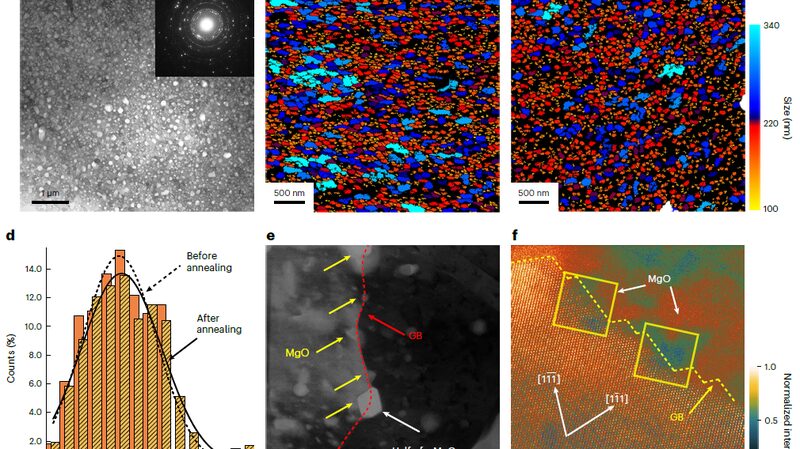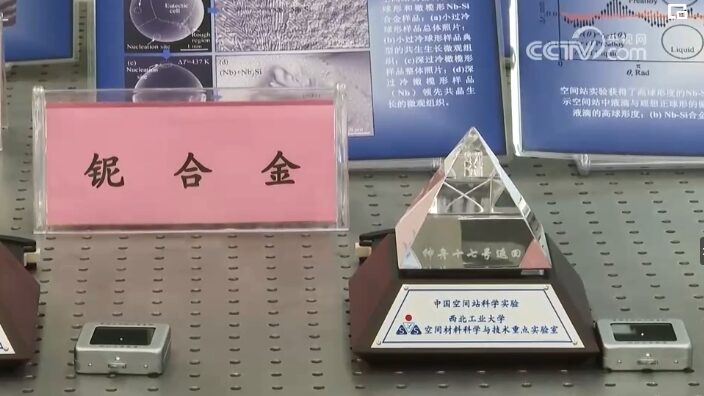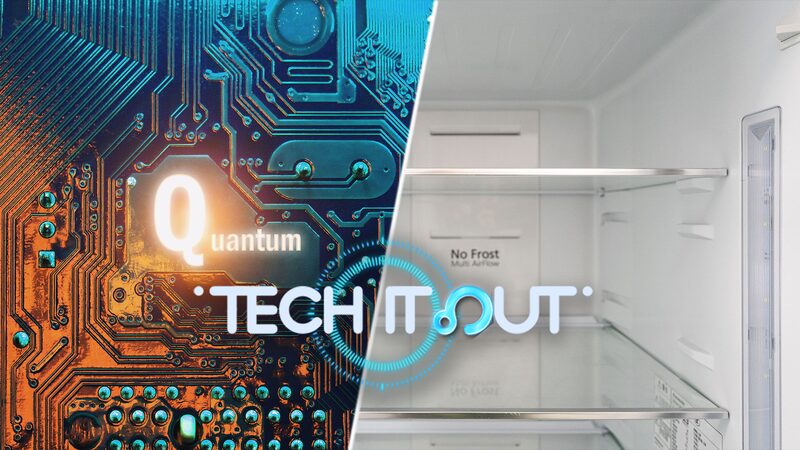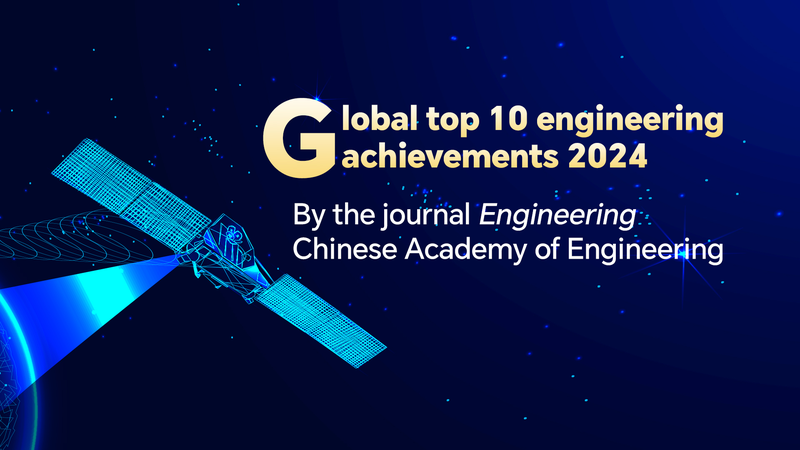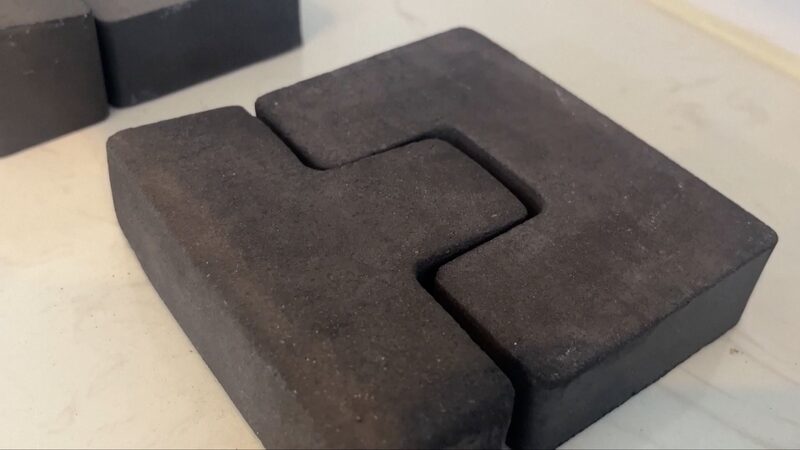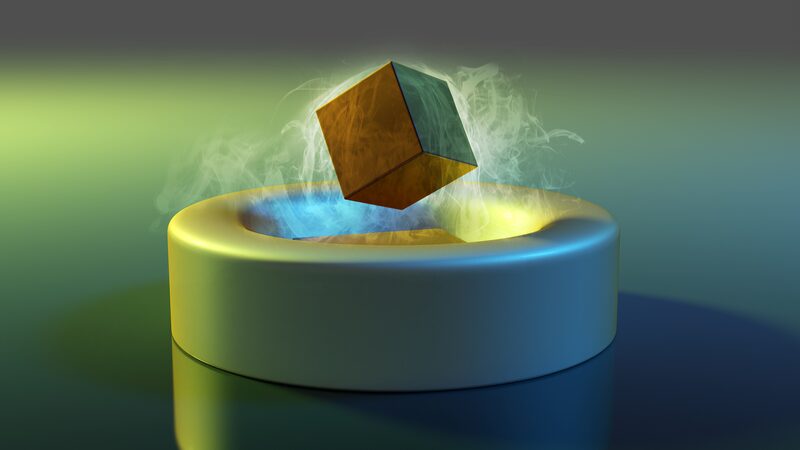In a significant breakthrough for the aerospace industry, Chinese scientists have developed a high-strength aluminum alloy that remains operational at temperatures up to 500 degrees Celsius. This advancement extends the service temperature range of aluminum alloys beyond 400 degrees Celsius, addressing a long-standing engineering challenge.
The aerospace sector demands materials that can withstand extreme conditions while remaining lightweight. Traditional aluminum alloys, favored for their low density, high strength, and corrosion resistance, have been limited by their relatively low heat resistance, particularly in the crucial temperature range of 350 to 500 degrees Celsius.
Researchers at Tianjin University have synthesized aluminum alloys embedded with highly dispersive nanoparticles. These nanoparticles are coated with in-situ graphene-like layers, significantly reducing surface energy and enhancing thermal stability. According to the study published in Nature Materials, the innovative alloy exhibits exceptional creep resistance and maintains a tensile strength of approximately 200 megapascals at 500 degrees Celsius—about six times higher than that of ordinary aluminum alloys.
“This innovative process is characterized by its simplicity, minimal material costs, and scalability, making it highly valuable for industrial applications,” said He Chunnian from Tianjin University, the corresponding author of the paper.
This development not only meets the stringent thermal resistance requirements of modern aerospace applications but also offers potential for widespread industrial adoption due to its cost-effectiveness and ease of production. The new alloy could play a pivotal role in the advancement of next-generation aerospace technologies, contributing to more efficient and resilient aircraft and spacecraft.
Reference(s):
China develops heat-resistant aluminum alloy for aerospace application
cgtn.com
